Introduction
Negotiating prices with hair extension suppliers is a critical skill for business owners and stylists looking to maximize profitability. By striking a balance between cost and quality, you can offer your customers exceptional hair extensions at competitive prices. In this article, we will share insider tips on how to effectively negotiate prices with hair extension suppliers to achieve the best possible outcome for your business.
1. Understand the Market
Before entering into negotiations, it's crucial to have a comprehensive understanding of the hair extension market. Familiarize yourself with industry pricing, product quality, and current trends. This knowledge will give you a strong foundation for negotiating and help you make informed decisions during the process.
2. Research the Supplier
Investigate the supplier's reputation, product offerings, and pricing structure. Look for customer reviews and testimonials to gain insight into the quality and value of their products. Knowing the supplier's strengths and weaknesses will give you an advantage in negotiations and help you identify areas where they may be willing to compromise.
3. Build a Relationship
Establishing a strong rapport with the supplier can make negotiations smoother and more productive. Be respectful, professional, and transparent in your communications, and take the time to learn about their business and needs. A good working relationship can lead to more favorable terms and long-term partnerships.
4. Be Prepared to Walk Away
Enter negotiations with a clear understanding of your desired outcome and your bottom line. If the supplier's prices or terms do not align with your requirements, be prepared to walk away from the deal. Demonstrating that you have other options can provide leverage in negotiations and may encourage the supplier to reconsider their position.
5. Make a Reasonable Initial Offer
Start negotiations with a reasonable offer that reflects your understanding of the market and the supplier's pricing structure. This approach demonstrates that you have done your homework and sets the stage for productive discussions. Avoid making lowball offers, as this can damage your relationship with the supplier and hinder your negotiations.
6. Highlight Your Value as a Customer
Emphasize the benefits the supplier will gain by working with you, such as consistent orders, potential for long-term business, and positive word-of-mouth. By showcasing your value as a customer, you increase the likelihood of securing more favorable pricing and terms.
7. Offer to Buy in Bulk
Purchasing larger quantities of hair extensions can lead to discounts and better pricing. If you have the capacity to store and sell larger volumes of product, consider negotiating bulk pricing with the supplier. This strategy can be particularly effective for suppliers looking to move inventory quickly or establish a long-term relationship with a dependable buyer.
8. Ask for Additional Perks
If the supplier is unwilling to lower their prices, consider asking for additional perks or incentives, such as free shipping, expedited delivery, or complimentary marketing materials. These added benefits can help offset higher costs and improve your overall return on investment.
9. Be Willing to Compromise
Successful negotiations often involve compromise on both sides. Be open to finding a middle ground that meets your needs while still providing value to the supplier. This may involve adjusting your order quantities, agreeing to a slightly higher price, or accepting a different payment schedule. Demonstrating flexibility can lead to more favorable terms and strengthen your business relationship with the supplier.
10. Put Everything in Writing
Once you've reached an agreement, ensure that all the negotiated terms, including prices, payment schedules, shipping details, and any additional incentives, are documented in writing. A formal contract or purchase order can help protect your interests and prevent misunderstandings or disputes down the line.
Conclusion
Effectively negotiating prices with hair extension suppliers is a crucial skill for any business owner or stylist in the industry. By understanding the market, researching suppliers, building relationships, and employing strategic negotiation tactics, you can secure the best possible prices and terms for your hair extension purchases. This not only benefits your bottom line but also allows you to offer your customers high-quality products at competitive prices, ultimately contributing to the success of your business.








